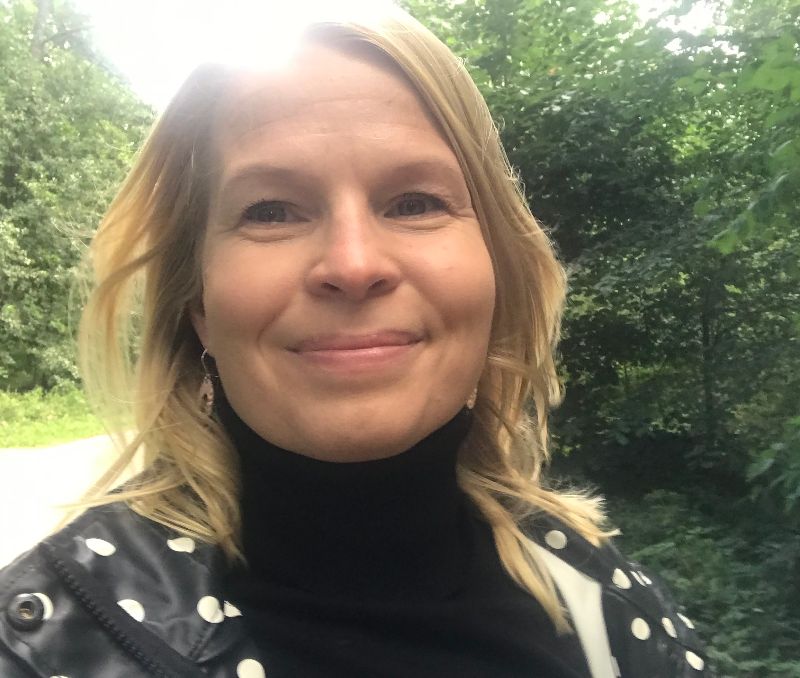Guest blogger: Make your competence visible
What can you do, what are you good at, and what are your strengths? I believe that the list of your expertise and strengths is long, or at least has the potential to be long.

This is what I believe, because research shows that we Finns are a competent people and enjoy learning. Sitra’s survey on lifelong learning taken by more than two thousand adult respondents confirmed that we learn throughout our lifetime in a wide variety of contexts: in family life, relationships, work, education and hobbies. Learning sometimes requires enormous amounts of work, but sometimes it is part of everyday life: we learn by reading, using mobile devices, working with our hands, cooperating with others, and trying out new things. We all accumulate an enormous amount of expertise in the course of our lives, and sometimes this takes place totally unnoticed.
However, our expertise is sometimes hiding even from ourselves. Only slightly over half of the respondents to Sitra's survey found it easy to describe their expertise. The recent How to recognise competence? report also indicates that more guidance would be needed in relation to identifying one's own competence. Of course, this kind of guidance is already available, and even artificial intelligence has been harnessed for this purpose in many places: for example, in Job Market Finland, artificial intelligence will help people verbalise their own competence in the future.
I wonder if you can also help make your competence visible. According to the results of the lifelong learning survey, learning awakens feelings of enthusiasm and curiosity in people. People experience the joy of learning not only in education and work, but also in hobbies and networks. Perhaps you could help make your competence visible by asking yourself: What do I like to do? What makes me excited? What can I do effortlessly in my everyday life?
Even if it may be difficult to verbalise your own competence, others can see things in us that we do not see. The respondents said that they experienced the joy of learning when helping others, and that their work community appreciated their competence. In fact, competence becomes visible in many everyday situations, such as when we offer advice to a friend, teach a child, instruct an acquaintance in something that we know well, induct a new colleague, or engage in leisure time activities with other people. Perhaps you can make your own competence visible by asking yourself: What kind of things do people often ask me to help with? What do I get feedback and thanks for?
I have noticed that other people are a great mirror to our own competence. I believe that many of us would be very happily surprised to hear what the others see in us. What if you asked a friend, a spouse, a relative, an acquaintance, a colleague, a social media follower or a member of your hobby group the following questions: What do you think I am good at? How would you describe me? You will definitely come across strengths that you would not have thought of yourself.
Milma Arola
johtava asiantuntija
Sitra, Osaamisen aika
